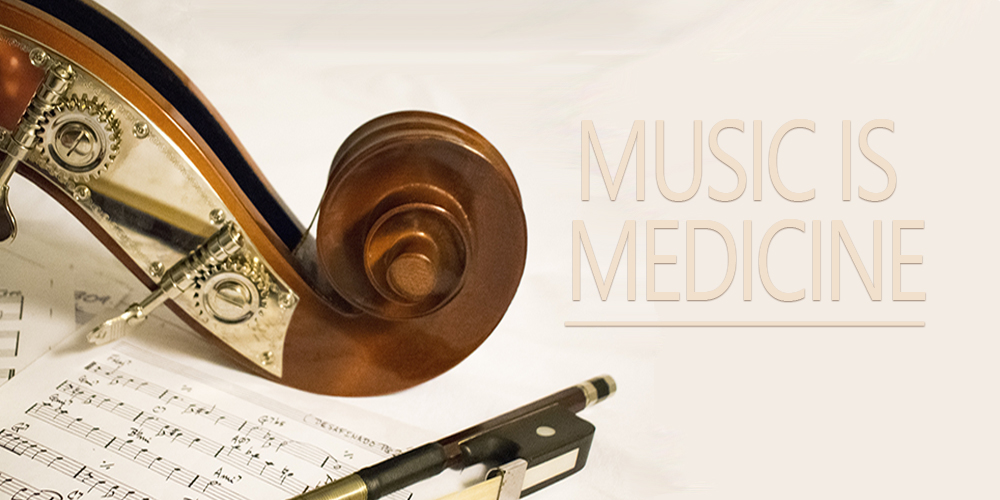MUSIC IS MEDICINE
“The use of music to influence the human body was first mentioned in writing in Egyptian medical papyri dating back to 1500 BCE”– Roland Benenzon
Music has been linked as being a part of the traditions of Greco-Roman, Arabian, Indian, and Chinese learned medicine as well as the Egyptian medical papyri. The mention of music used to heal troubled spirits is also recorded in the Bible as the shepherd boy, David was called for to play the harp to ward off the evil spirits troubling King Saul. The Kings officials believed to be magicians, advisors or high intelligent scholars advised the King that playing of the harp would ease him of his troubles.
Pythagoras, Aristotle, and Plato history’s great philosophers believed that the transformative power of music had a healing effect thus developing a system of thought that identified music as having four ends:
Moving or imitating emotions
Giving pleasure
Disposing toward moral virtue
Fostering intellectual advancement
In modern history around 1789 an article entitled “Music Physically Considered” is possibly the first article written supporting what we call music therapy. In 1891, Frederick Harford assemble a small group from the Guild consisting of three singers, two violinist and a harp to play for patients in a London hospital recording his findings in several publications. It was during both World War I and World War II (June 1914-1919) that the work of musicians was use for the active and wounded soldiers; later music with the assistance of music therapist was highly helpful in helping troops and veterans retain their mental health. During this time music therapy was first recognized as a formal profession.
In 1877, thanks to the invention of the phonograph , United States doctors were able to use music as sedative or distraction in the operating room. Physicians also used it in dentistry, obstetrics, gynecology, and children’s operations. In 1930 music therapy was first used in psychiatric wards.
Music is associated with many aspects of our lives as a healing agent. Runners use music as a motivator and has scientifically been proved to enhance performance, increase concentration, motivate, decrease pain, exertion and increase positive emotions.
A lot of those same mechanisms are also relevant to meditation practices. Listening to music can indeed be a form of meditation or a way to enter a meditative state.
Though you can relax just listening to music, used with mediation you are relaxing correctly. An important difference would be that when you are using music to meditate, you will actively observe your thoughts without judgement. Mediating on aspects of the music you are listening to becomes part of your meditation as well. Music with certain characteristics can lower blood pressure, decrease mental fatigue, and promote relaxation and well-being.
In trauma cases and illness such as PTSD music therapy has been evident in that it help clients regain a sense of control of their lives, explore emotions, reduce the emotional stress and anxiety levels, develop relaxation, stimulate an increased awareness of self, and validate one’s feelings
Everyday the general public unaware of any conditions or suppression, are while listening to music in fact are subconsciously medicating and healing.
Article Credits
Cited: History of Music Therapy: From Antiquity to Today. July 2018. L. Samuel Gracida. https://samsfans.org/music-therapy.
Video: TED Talks. Kathleen M. Howland is a certified music therapist and licensed speech language pathologist.
Image: Photo by Pixabay


Leave a Reply